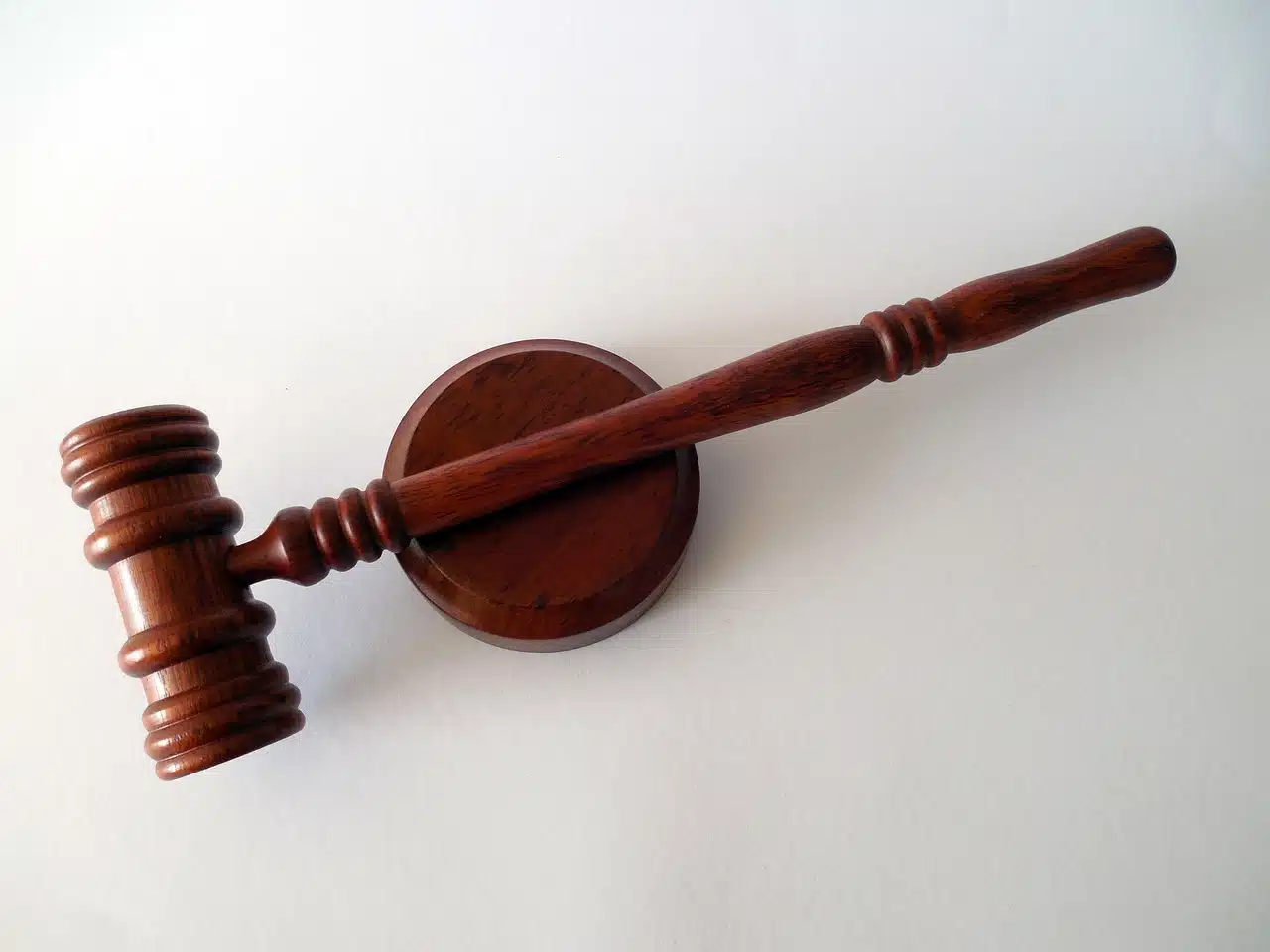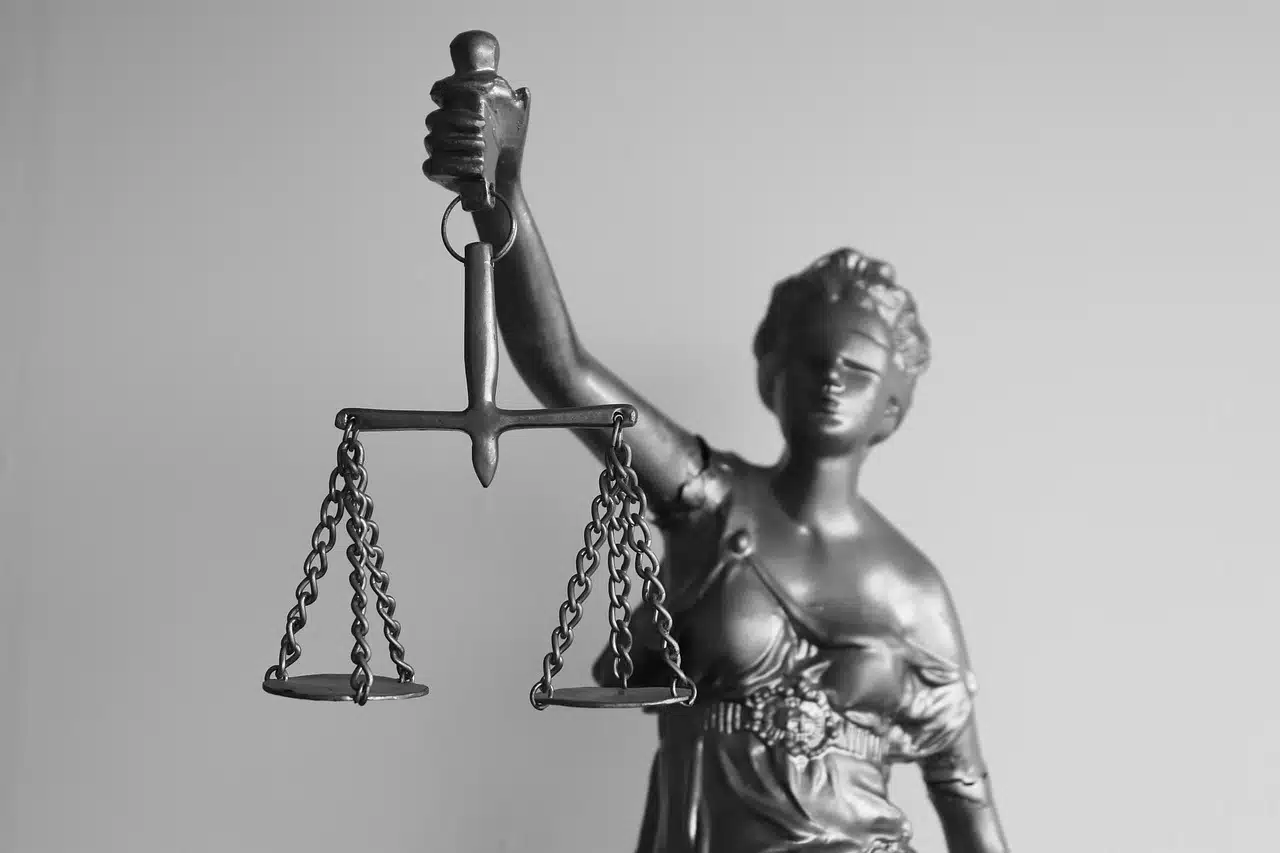
Subjective law contemplates legal powers that affect an individual's ability to act.
Subjective right is the legal power inherent to an individual that arises by virtue of nature; an agreement or contract ; or another reason that is admitted at the legal level. The subject of law, in this way, has powers that are recognized in the legal system to possess something or demand a benefit from someone within the framework of the law.
In other words, subjective right allows a person to act to satisfy their needs protected by the protection of their interests, as long as this action does not violate the general interest of the community . It can be indicated that subjective right is a derivation of objective right .
All inhabitants have powers that constitute subjective right. It is a concept that emanates from the laws and regulations that establish the obligations and rights of the individual in different areas and situations.
Relationship between subjective law and objective law
The relationship between subjective law and objective law is indissoluble. Objective law is made up of the rules that impose obligations, while subjective law focuses on the subject who acquires the powers granted by the rules.
This shows that subjective law cannot exist without objective law and vice versa . The powers always require a legal norm; Norms, in turn, inevitably grant powers.
It must be taken into account that, where there is a right, the obligation to respect it arises for one or more subjects. This obligation can be passive (when one is obliged not to act) or active (one is obliged to do).

A legal entity and a natural person can be holders of a subjective right.
The ownership
The ownership of subjective rights can be classified in different ways. We speak of full ownership when everything belongs to the person in his or her own interest.
Representative ownership , meanwhile, arises when someone manages the right on behalf of someone who is not in a position to do so. Plural ownership , on the other hand, arises when the right is shared by two or more subjects.
Other classifications refer to fiduciary ownership (the right is attributed to a fiduciary owner although with the limits that arise from the agreement with the trustor owner) and enjoyment ownership (the ownership of the right corresponds to one individual and the enjoyment, to another. ).

The right to property is a subjective right.
How subjective law is classified
Subjective law is classified according to the legal regime , due conduct or effect .
According to the legal regime, subjective right can be private or public . Private subjective law corresponds to powers that arise from the legal relationship between individuals, while public law covers those powers that set limits to the State .
Regarding due conduct, the subjective right can be associated with one's own conduct (endorses the action or omission thereof) or with the conduct of another (grants permission to demand the action or authorize the omission of others).
Finally, if the effects are considered, the objective right can be classified as absolute (affects the entire community) or relative (it is specifically established against which individuals it is asserted).
Changes and termination
Subjective law can undergo changes without its identity being affected. These changes can be subjective (there is a modification of some aspect that does not alter the identity) or objective (one right is replaced by another).
Regarding the termination or extinction of the subjective right, it can be specified in three ways. One possibility is that the right remains but that the individual stops exercising ownership, which is called loss .
Another option is that the owner himself chooses to renounce the right. Termination itself may also take place (when the right, in effect, ends).
Examples of subjective law
Examples of subjective right are those situations derived from the legal power that a person has to demand something or act in a certain way.
The right that a subject has to claim compensation when suffering damage is a subjective right. Suppose that, due to a power outage that lasts for several days, a man loses all the food he kept in his refrigerator (refrigerator, fridge or freezer) and also cannot work since, for this, he needs to use his computer ( computer). Faced with this situation, and given that he does not owe any invoice, this person initiates a claim with the intention of being compensated for the damage caused by the lack of electricity supply, understanding that there is a responsibility of the providing company. Thus it seeks to exercise a subjective right.
Take the case of a journalist who is presenting a television report on an act of corruption involving a government official. In the middle of its presentation, the channel interrupts the broadcast and begins to show advertisements. When the program returns, the journalist is no longer on the air. According to the woman, the channel curtailed her right to freedom of expression to protect the denounced politician, thereby not respecting her subjective right to express herself freely .
In a rule of law , the right to education , the right to work, the right to health , the right to political participation and the right to housing, among many others, are part of the subjective right of citizens.
